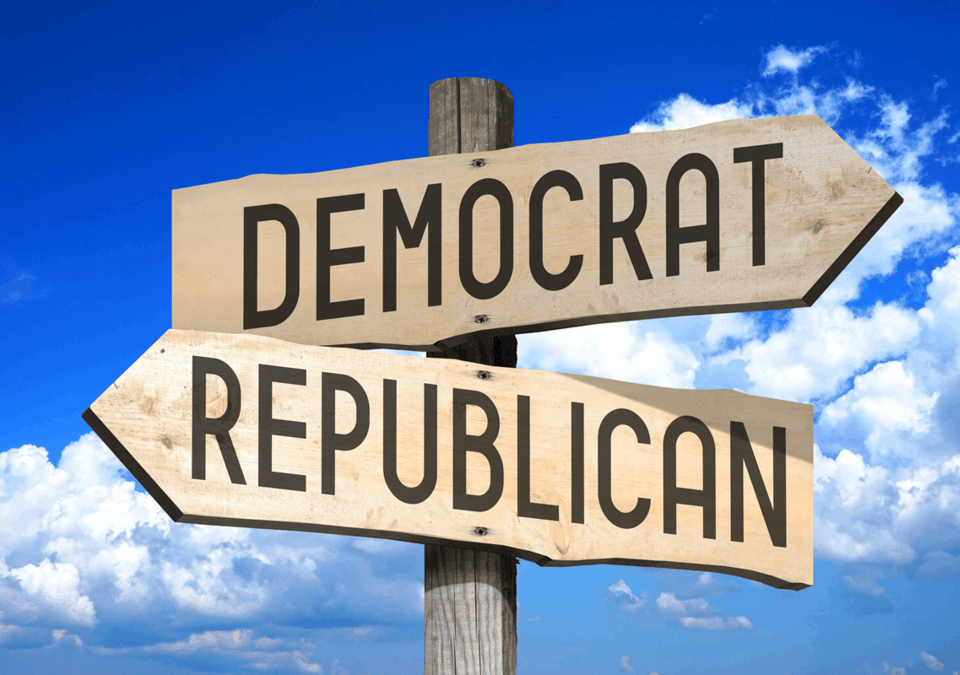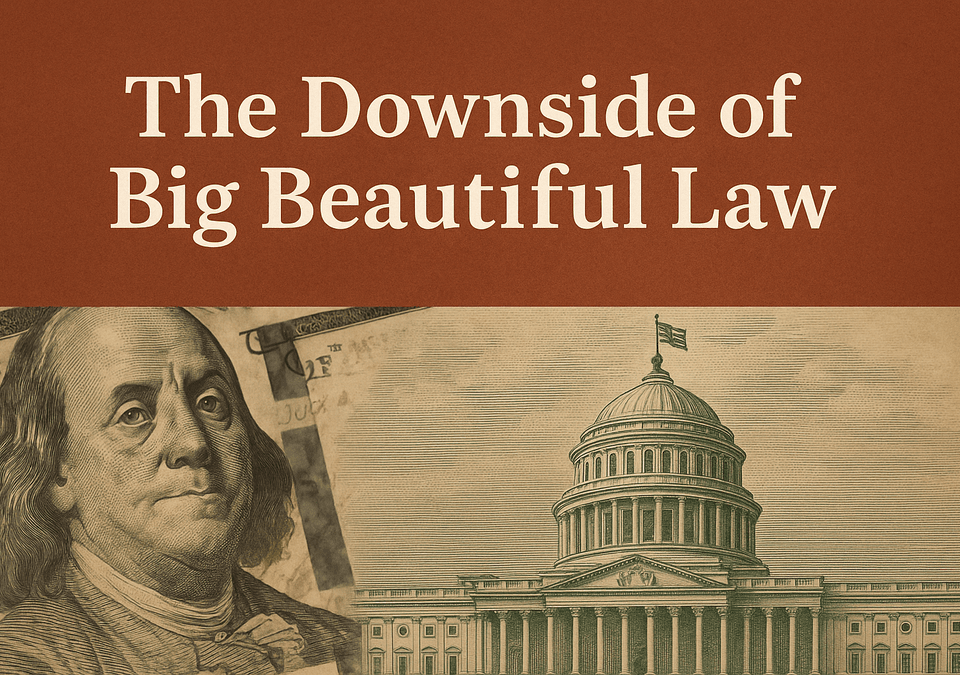
Why Are We Being Lied to About Epstein?
July 10, 2025
Why Trump Is Losing His Patience With Putin Over Ukraine | WSJ
July 10, 2025Elon Should Listen To Ron DeSantis
Elon Musk, a figure synonymous with audacious innovation and disruptive ambition, has frequently voiced his frustration with the current political landscape, particularly regarding what he perceives as out-of-control government spending. Given his immense wealth and global influence, the notion of Musk funding and launching a new successful political party is not entirely far-fetched despite the experts saying a third party never works. Musk’s financial resources are, without hyperbole, staggering. As the founder of Tesla, SpaceX, Neuralink, and The Boring Company, his net worth fluctuates but consistently places him among the wealthiest individuals globally. This vast fortune provides him with an unparalleled ability to self-fund a political endeavor, bypassing the traditional reliance on corporate PACs, large donors, and grassroots fundraising that often entangle established parties.
A new party backed by Musk could afford extensive advertising campaigns, highly skilled political strategists, and the infrastructure necessary to compete on a national scale, at least in terms of visibility and outreach. This financial independence could be framed as a liberation from the perceived corrupting influences of special interests, allowing a party to genuinely represent the interests of the populace rather than its benefactors. A key driver behind the speculation of Musk’s political intervention is his vocal criticism of government fiscal policy on both sides. He has repeatedly expressed alarm over mounting national debt, inflationary pressures, and what he views as inefficient or wasteful government spending. His perspective often aligns with a more fiscally conservative, technologically driven approach, advocating for leaner government, reduced bureaucracy, and a focus on long-term societal progress rather than short-term political gains.
Musk’s frustration stems from a belief that both major parties have failed to adequately address these issues, instead perpetuating a cycle of spending that he believes jeopardizes future economic stability. He often champions principles of efficiency and accountability, values he applies rigorously to his ventures, and which he seemingly finds lacking in governmental operations. However, the path from personal wealth and frustration to a successful political party is fraught with immense challenges. While money can buy influence and visibility, it cannot unilaterally buy public trust, ideological alignment, or a robust grassroots movement. A new party would need to articulate a clear, compelling platform that resonates with a broad cross-section of the electorate, transcending the specific grievances of its founder.
It would face the daunting task of building an organizational structure from the ground up, recruiting credible candidates, and overcoming the deeply entrenched two-party system that dominates American politics. Furthermore, Musk’s often controversial public persona and his sometimes idiosyncratic views could prove to be both an asset in attracting attention and a liability in alienating potential supporters. The public might also view a party funded solely by a billionaire with skepticism, perceiving it as an attempt to impose a personal vision rather than represent collective interests.
Elon Musk’s immense wealth, way bigger than Ross Perot, certainly provides him with the financial means to initiate a new political party, driven by his evident anger over government spending and a desire for more efficient governance. His entrepreneurial spirit and track record of disrupting established industries might suggest he could similarly shake up the political sphere. However, the complexities of political organizing, the need for broad public appeal, and the inherent resistance of the existing two-party system present formidable obstacles. While the prospect of an “Elon Musk Party” being successful remains largely hypothetical, it serves as a powerful thought experiment, highlighting the growing frustration with traditional politics and the potential, albeit challenging, avenues for radical change. I’m a believer of Ron DeSantis in all things and he is advice to have Musk concentrate of supporting a movement for a balanced budget amendment seems more rational to me.

C. Rich is the voice behind America Speaks Ink, home to the America First Movement. As an author, freelance ghostwriter, poet, and blogger, C. Rich brings a “baked-in” perspective shaped by growing up on the streets and beaches of South Florida in the 1970s-1980s and brings a quintessential Generation-X point of view.
Rich’s writing journey began in 2008 with coverage of the Casey Anthony trial and has since evolved into a wide-ranging exploration of politics, culture, and the issues that define our times. Follow C. Rich’s writing odyssey here at America Speaks Ink and on Amazon with a multi-book series on Donald Trump called “Trump Era: The MAGA Files” and many other books and subjects C. Rich is known to cover. CRich@AmericaSpeaksInk.com
“America Speaks Ink is a Google News approved source for Opinion”





